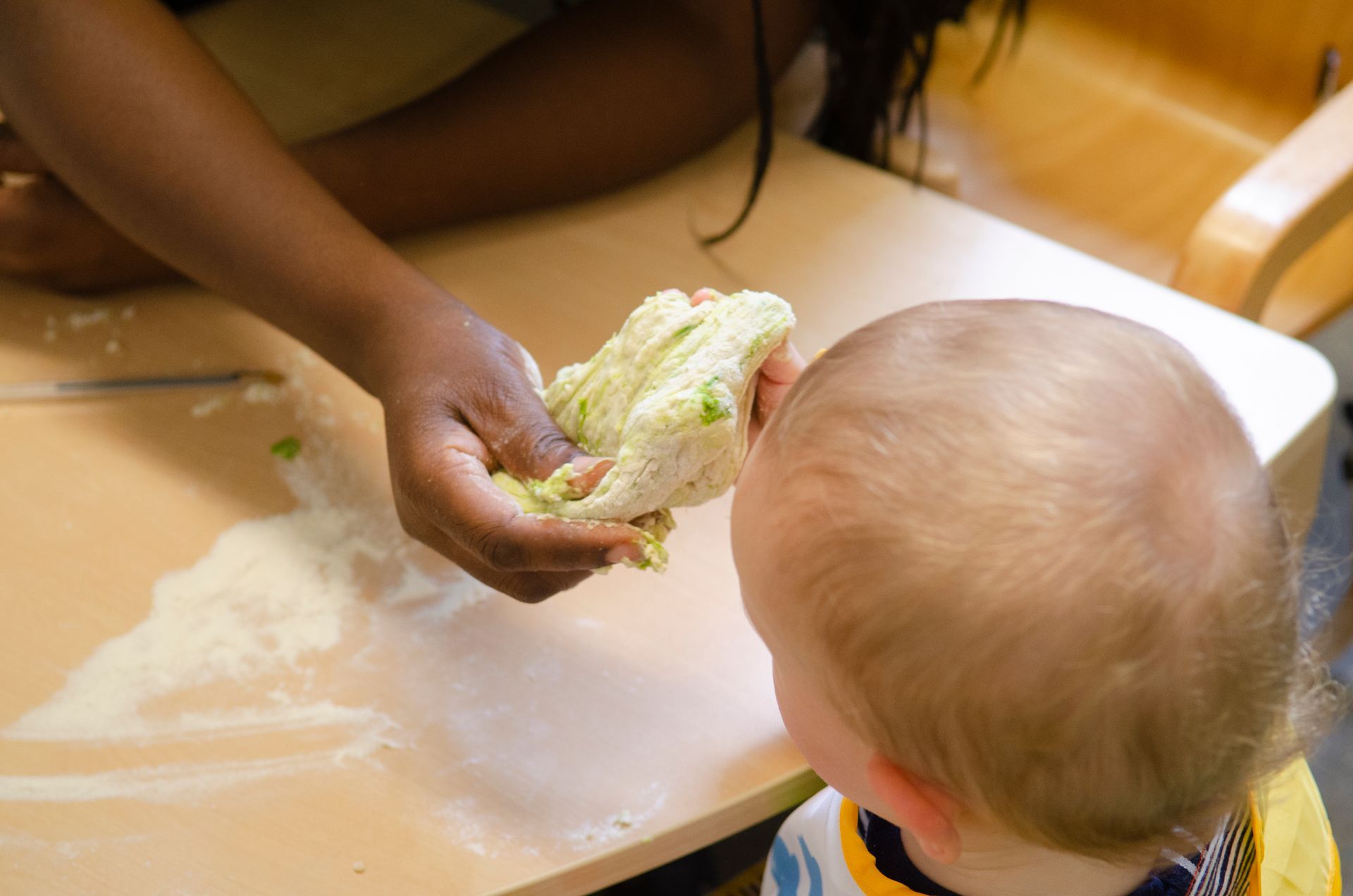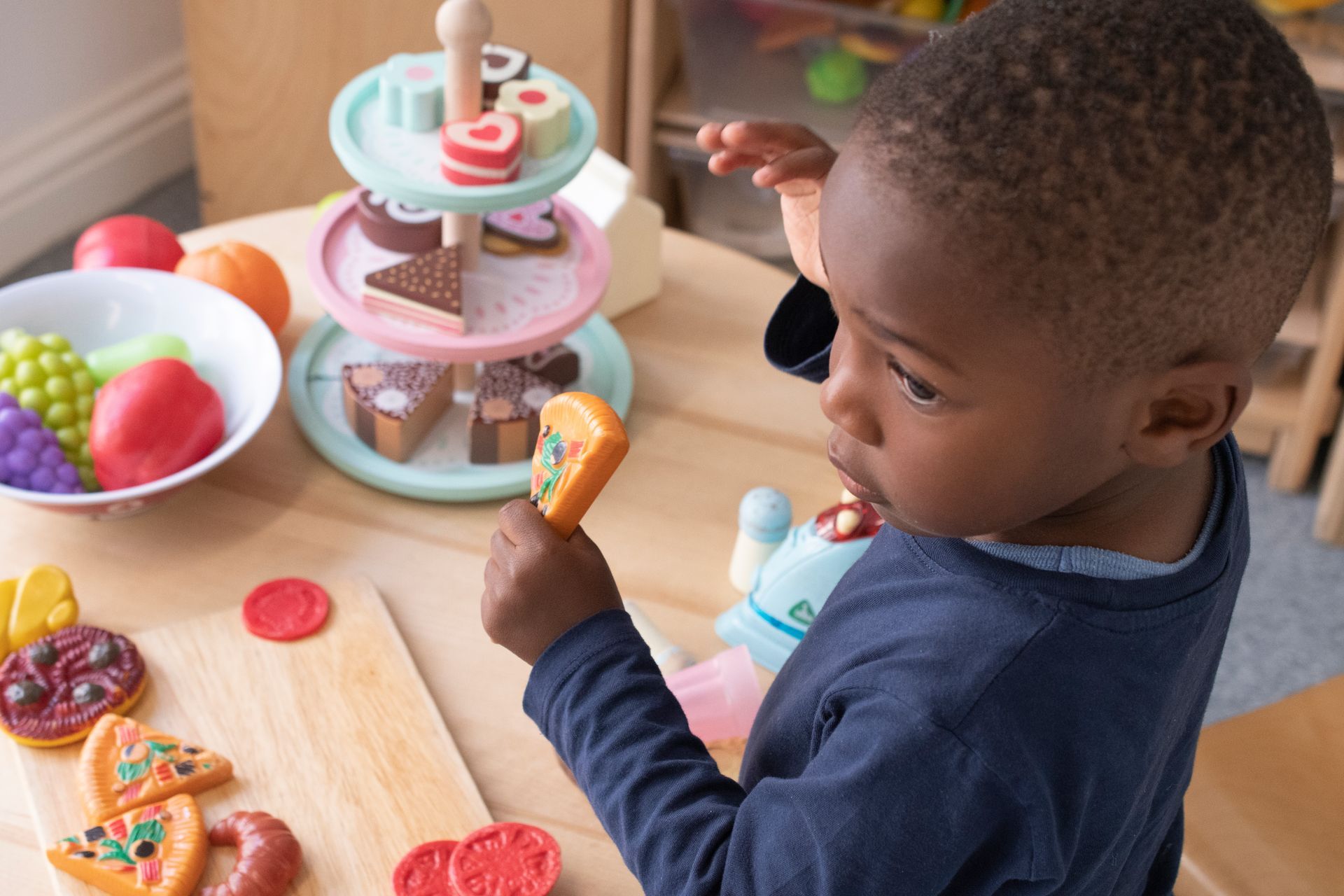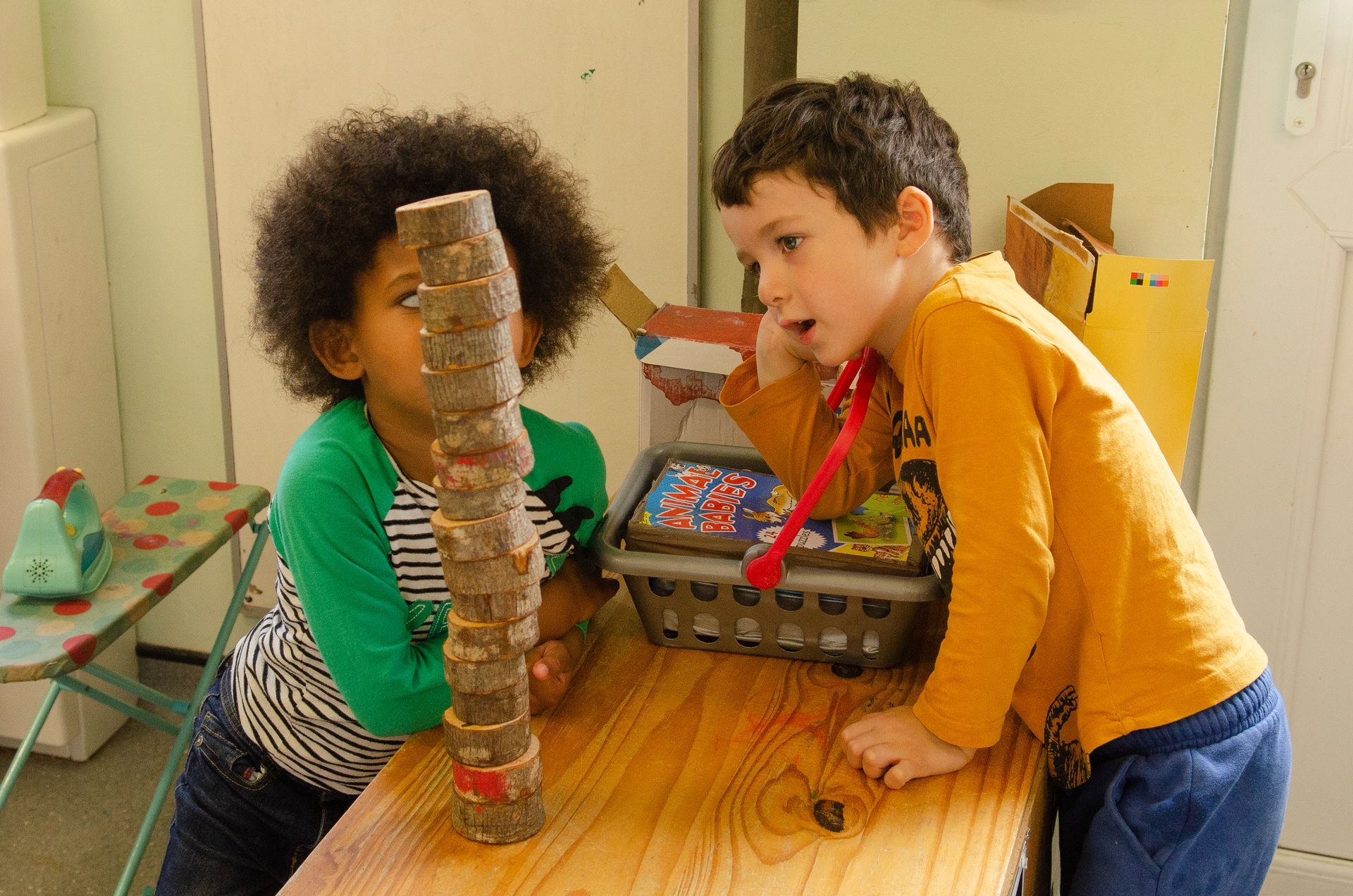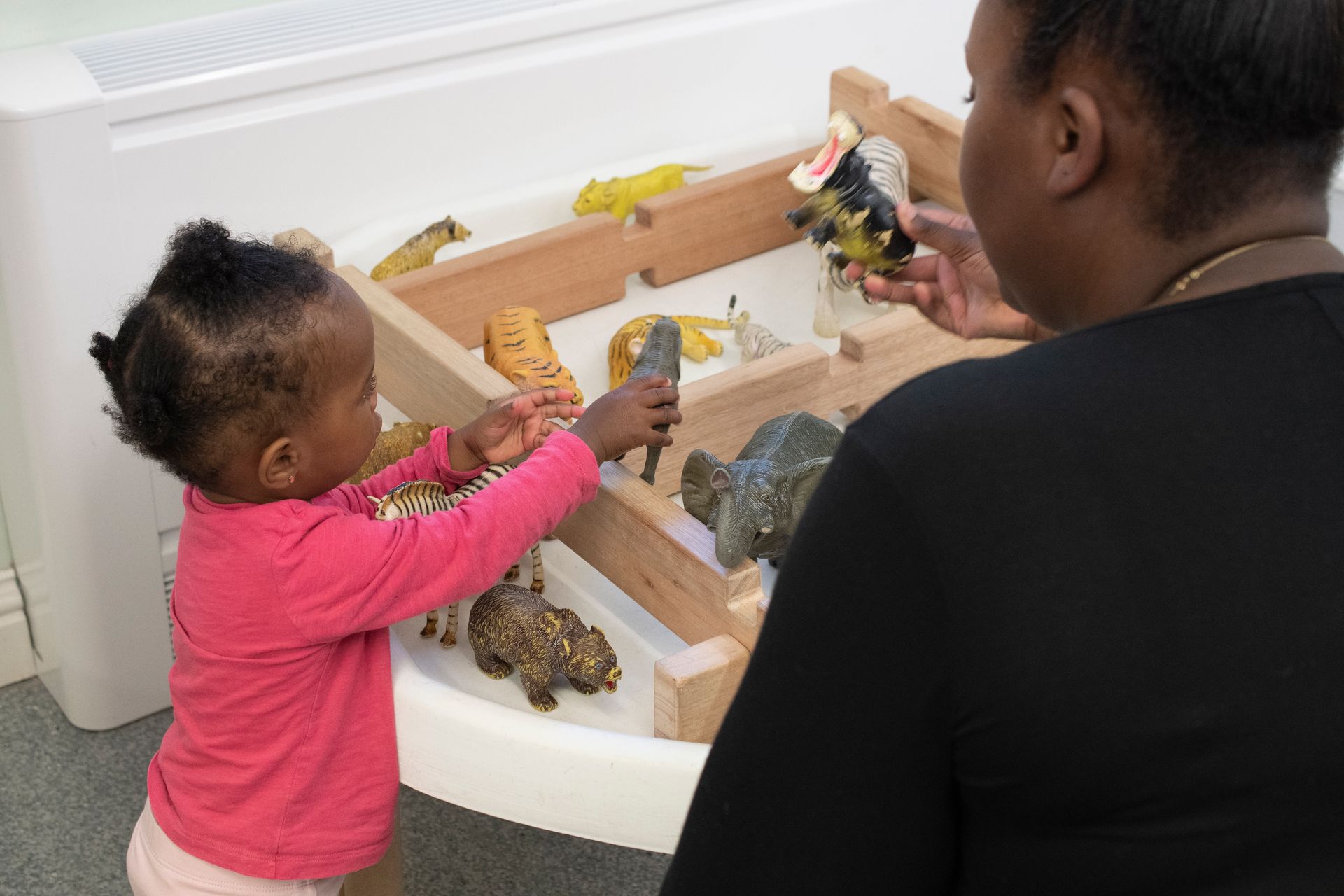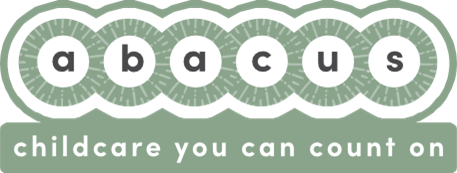Dental Health
Oral Health & Hygiene
Dental health during the early years of life is of utmost importance as it lays the foundation for a child's oral well-being throughout their lifetime. Developing healthy dental habits from a young age can prevent oral issues, promote proper growth of teeth, and establish good oral hygiene practices.
Here are some key considerations for maintaining your child’s dental health:
Oral Hygiene
Teaching children how to brush their teeth properly is crucial. Parents should start cleaning their baby's gums with a soft cloth even before the first tooth erupts. Once teeth start appearing, a soft-bristled toothbrush can be used with a rice-sized amount of toothpaste for children under 3 years old, and a pea-sized amount for children between 3 and 6 years old. Regular brushing, at least twice a day, helps remove plaque and prevent cavities.
Dietary Choices
Limiting sugary foods and drinks can greatly reduce the risk of tooth decay. Encourage a balanced diet rich in fruits, vegetables, whole grains, and lean proteins.
First Dental Visit
It's recommended to take your child for their first dental visit within six months of the eruption of their first tooth, or by their first birthday. Early dental visits allow the dentist to monitor oral health, provide guidance on proper oral care, and detect any potential issues early.
Teething
Teething can be uncomfortable for infants. Providing safe teething toys or clean, cool items for them to chew on can help alleviate discomfort.
Regular Check-Ups
Regular dental check-ups help identify and address any emerging issues promptly. Dentists can provide guidance on proper brushing techniques and other aspects of oral care.
Lead by Example
Children often mimic their parents' behaviours. Demonstrating good oral hygiene practices and a positive attitude toward dental care can encourage them to follow suit.
Prioritizing dental health during the early years sets the stage for a lifetime of healthy smiles. By instilling good habits and providing proper care, parents and caregivers can contribute significantly to their child's overall well-being.



